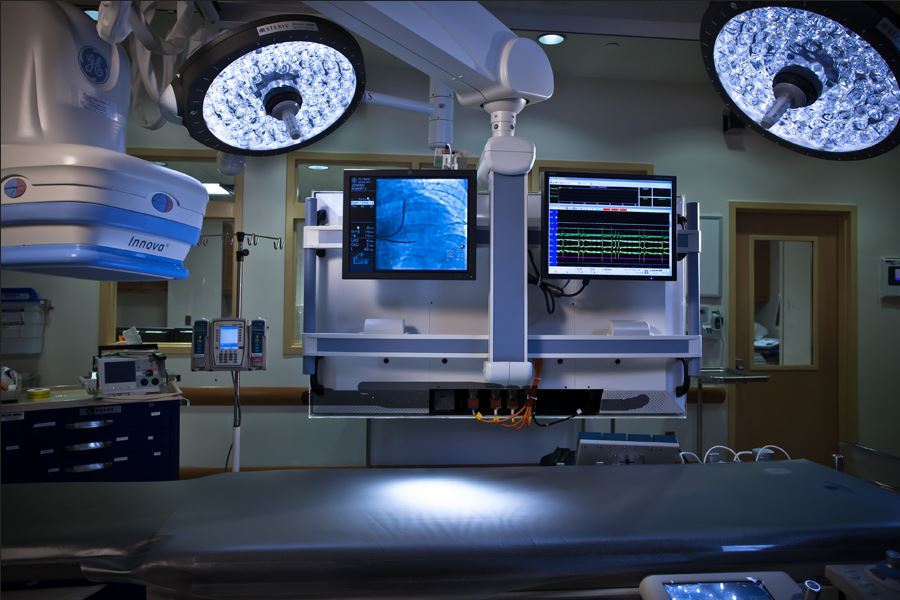If you have ever had a teleconference visit with your doctor, had a PET scan taken or checked your test results online, you have already experienced the future of medicine. These technologies that are making waves right now will continue to develop into the next century and beyond.
Home Medical Technology
Underwear that monitors blood pressure, contact lenses that measure blood pressure and pills with chips that can report to a doctor when they are taken may sound like far-fetched science fiction, but these are just a few of the home medical technologies being developed right now. These devices can make the management of chronic disease much easier with seamless integration into patients’ lives.
PET and Molecular Imaging
As the 21st century began in the year 2000, the PET-CT scanner was named as Time magazine’s invention of the year. PET stands for positron emission tomography and is a type of molecular imaging that uses a radioactive tracer to both image the body’s organs and systems and map their functioning. PET can identify cancer cells, locate blocked arteries and show areas of brain function. The PET has revolutionized medical care in this century, but other types of molecular imaging like near infrared (NIR) and single photon emission computed tomography (SPECT). Professionals know that this sort of technology will be crucial to fighting cancer, mental illness and other diseases in the future. Using the right tools makes a big difference when it comes to disease.
Information Technology
Just as the internet has revolutionized every other aspect of society, it has also had a great influence within the medical sphere. Most hospitals and medical practices now offer their patients online access to medical records and billing. Doctors can conference with each other or visit patients remotely over the internet. Expert surgeons can even guide other surgeons through procedures using online video conferencing.
Mobile Technology and Smartphones
Mobile technology is also revolutionizing healthcare and medicine. Most smartphones come with apps that allow people to upload their medical information, which can be accessed by emergency medical personnel even if the phone is locked with a password. Other apps are being developed to diagnose conditions, including one that allows patients to take photos of moles on their skin to determine if they should be examined by a doctor.
Medical technology in the 21st century is dominated by things that could scarcely have been imagined 100 years ago, and this is only the beginning. Many of the cutting-edge technologies being experimented with today will be as common as taking an aspirin by the next century.

